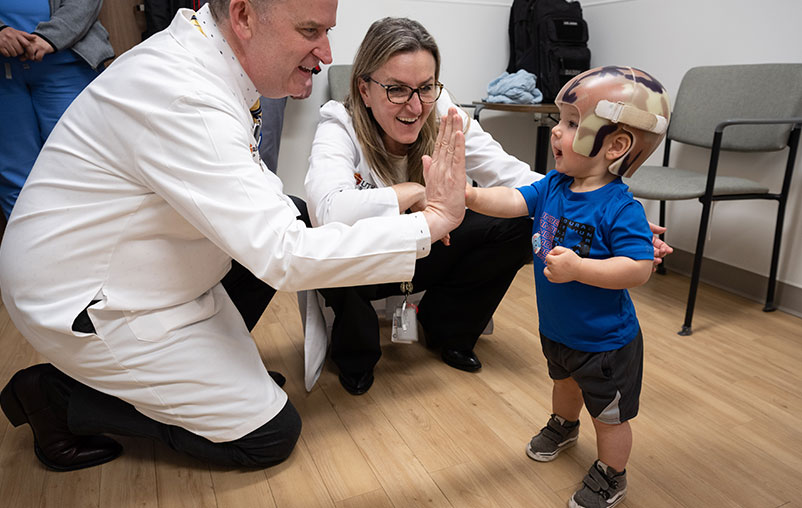Hearing aids have the ability to significantly enhance someone'squality of life. However, many people think that hearing aids can fix a hearing loss. Unfortunately, this is not true.
Hearing aids are just that — they aid in the improvement of hearing, but they do not restore normal hearing. When speaking to someone who has a hearing loss and/or wears hearing aids, you should be mindful of their listening needs. At the same time, the person with hearing loss should be mindful of their own listening needs to communicate effectively.
Here are some tips for both sides of the conversation to minimize repetition — and frustration.
When communicating with the hearing impaired:
- Face the hearing impaired person directly.
- Do not talk from another room.
- Be Understanding. If you feel frustrated trying to speak to someone with a hearing loss, think for a minute how it must be for them. Try to make it easier by changing words or rephrasing statements.
- Speak clearly, slowly and distinctly, but naturally — without shouting or exaggerating mouth movements. Shouting distorts the sound of speech and may make speech reading more difficult.
- Get the person’s attention. This gives the listener a chance to focus attention.
- Keep your hands away from your face while talking.
- Try to minimize background noise.
- Acquaint the listener with the general topic of the conversation. Avoid sudden changes of topic. If the subject is changed, tell the hearing impaired person what you are talking about now.
- Be aware of possible distortion of sounds for the hearing impaired person. They may hear your voice, but still may have difficulty understanding some words. If the hearing impaired person has difficulty understanding a particular phrase or word, try to find a different way of saying the same thing, rather than repeating the original words over and over.
- Don't try to hide your hearing loss.
- Polish your concentration skills. You may have spent several years "tuning out" during conversations, movies, lectures or religious services because of difficulty hearing.
- Be prepared. Anticipate difficult listening situations and plan ahead. If you're dining out with friends, for example, suggest going at a time that is not likely to be busy. Recommend a restaurant that you know is relatively quiet.
- Use effective clarification strategies. Avoid saying "Huh?" or "What did you say?" when you have heard at least part of what the speaker was saying. Instead, try saying something like "I know you said you are talking about the new house you are building, but I didn't catch where you said the house is located."
- Verify what you think you heard.
- Go easy on yourself. Be patient, with yourself, with your family and friends, and with people you encounter throughout the day. Don't blame yourself or others for your difficulties.





